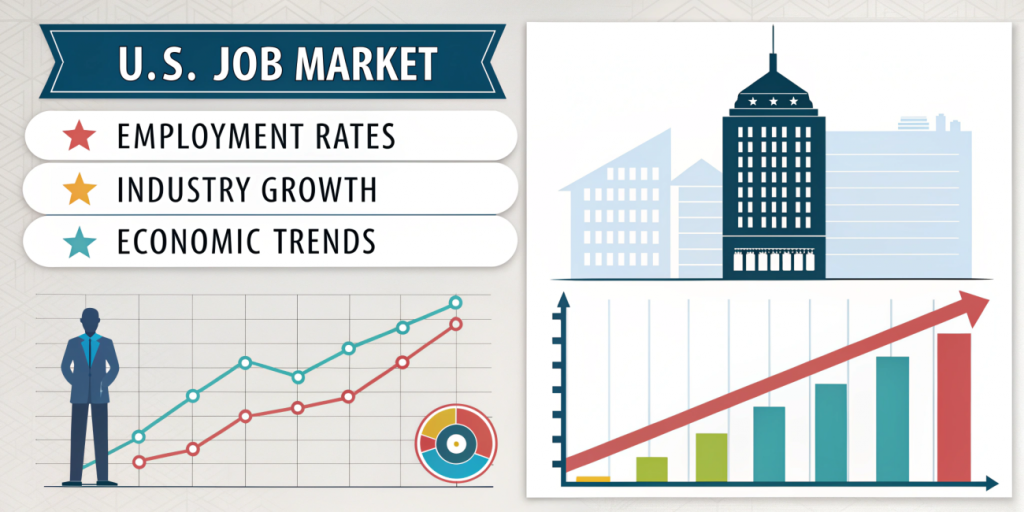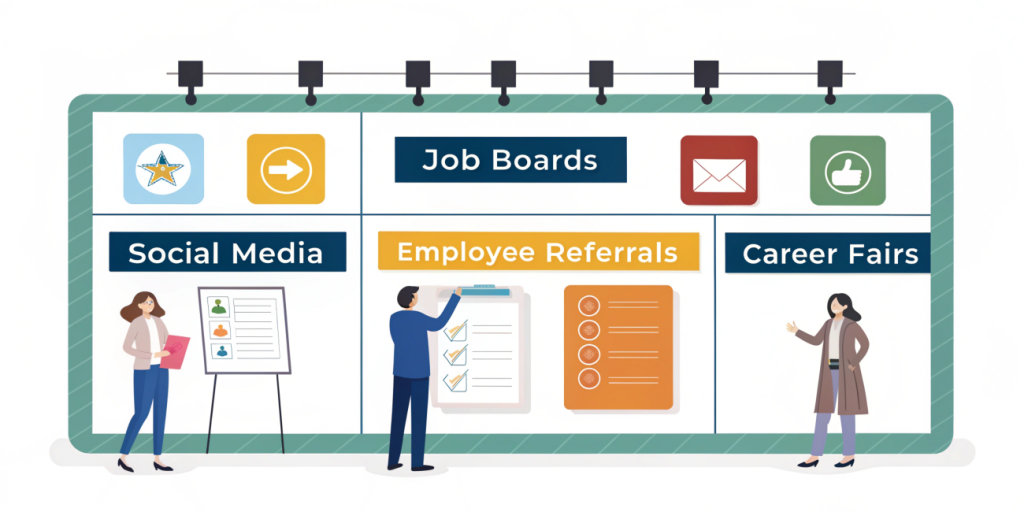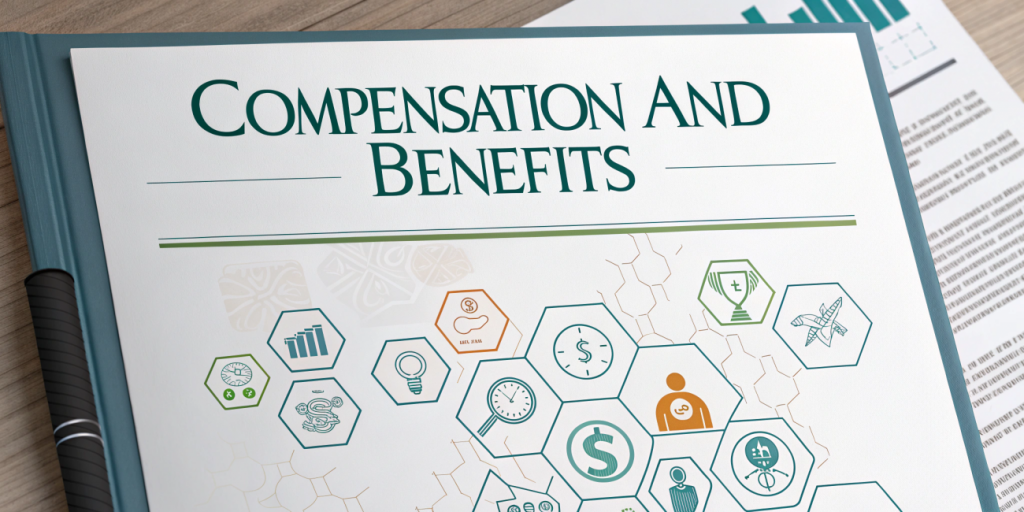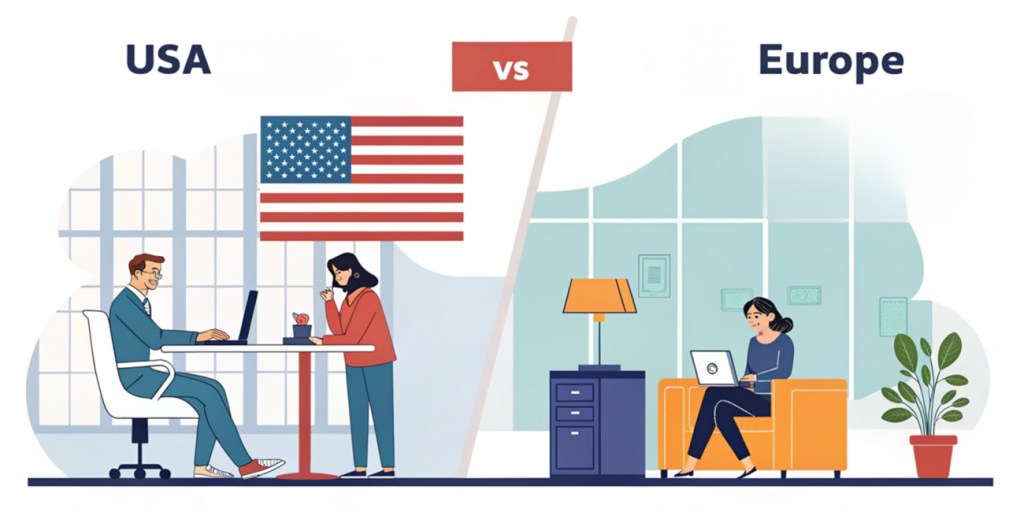
Navigating the job market in a foreign country is a unique challenge. For European graduates eyeing opportunities in the U.S., understanding key differences in hiring practices, workplace culture, and employment laws can make all the difference. For a comprehensive overview of how to approach this process effectively, check out our article on Finding a Job in the USA as a European Graduate. This guide outlines what graduates need to know about the U.S. job market compared to Europe’s.
The U.S. Job Market: An Overview

The U.S. job market is characterized by its dynamic and competitive nature. It offers numerous opportunities across diverse sectors, particularly in technology, healthcare, and finance. For European graduates, this environment is both exciting and demanding.
Key features include:
- Rapid Hiring Processes: Decisions are often made quickly, with shorter application-to-hire timelines compared to Europe.
- Entrepreneurial Culture: There’s a strong focus on individual accomplishments, innovation, and flexibility.
- At-Will Employment: This provides employers and employees the flexibility to terminate the employment relationship with minimal restrictions, a contrast to Europe’s more protective frameworks.
Differences in the Hiring Process
Resumes vs. CVs
- U.S. Resumes: Typically concise (1-2 pages), focused on skills and key achievements, with minimal personal information.
- European CVs: More detailed, often including a comprehensive work history, education, qualifications, and references.
Interview Styles
- U.S.: Informal and rapid, emphasizing cultural fit and individual achievements. Behavioral interviews are common.
- Europe: More formal, with structured interviews and competency-based questions. Assessment centers and aptitude tests may also be part of the process.
Networking
- U.S. Networking: Heavily relationship-driven, with informal meet-ups and events playing a central role.
- Europe: More reliant on professional associations and formal channels.
For European graduates, adapting to the U.S. approach may involve refining their resume style, becoming comfortable with informal networking, and preparing for fast-paced interview environments.
Recruitment Channels

Job advertisements in the U.S. are prominent on platforms like:
- LinkedIn: A dominant tool for professional networking and job searches.
- Indeed, Monster, and Glassdoor: Widely used job boards.
- Social Media: Platforms like Twitter and Instagram are increasingly leveraged by companies.
In Europe, national job boards and professional associations play a larger role, reflecting localized practices.

When using platforms like LinkedIn or Indeed, tailor your approach by optimizing your profile with industry-specific keywords and actively engaging with job-related content. In Europe, connecting with local professional associations and staying informed about industry-specific job boards can significantly increase your chances of finding region-specific opportunities. Networking remains a crucial strategy across all platforms—don’t underestimate the value of direct connections.
Legal Framework and Employment Contracts
At-Will Employment
- In the U.S., most employment is at-will, meaning either party can terminate the employment without cause.
- European contracts often provide greater job security, with strict regulations surrounding termination.
Employment Protections
U.S. protections vary by state but are generally less comprehensive than in Europe. European graduates should familiarize themselves with state-specific regulations to understand their rights.
Compensation and Benefits

Salary and Negotiation
- U.S.: Salary negotiations are common, even for entry-level positions.
- Europe: Salaries often adhere to standardized scales, with less room for negotiation.
Benefits
- U.S. Packages: Typically include health insurance, 401(k) retirement plans, and limited paid leave.
- European Packages: More robust, often including generous paid vacation, maternity/paternity leave, and universal healthcare.
European graduates should prepare to negotiate U.S. benefits carefully, especially around healthcare and time off, which differ significantly from European standards.
Cultural Differences in the Workplace

Work-Life Balance
- U.S.: Emphasis on long hours and individual performance. Work-life balance is often secondary.
- Europe: Prioritizes balance, with stronger norms around reasonable working hours and holidays.
Team Dynamics
- U.S.: Values innovation and individual contributions.
- Europe: Often emphasizes collaboration, processes, and adherence to established norms.
Understanding these cultural nuances can help European graduates integrate into U.S. workplaces more effectively.
Tips for European Graduates Entering the U.S. Job Market
- Adapt Your Resume: Condense your CV into a concise, U.S.-style resume focused on achievements.
- Practice Interviewing: Be prepared for informal interviews that assess both skills and cultural fit.
- Leverage Networking: Attend events, connect on LinkedIn, and seek mentorships to build relationships.
- Understand Employment Laws: Research at-will employment and state-specific labor regulations.
- Negotiate Benefits: Don’t shy away from discussing salary, health insurance, and vacation time.
- Showcase Adaptability: Highlight your ability to thrive in a fast-paced and entrepreneurial culture.
Challenges and Opportunities
Challenges
- Navigating visa requirements and work authorization.
- Adjusting to differences in workplace culture and expectations.
- Managing healthcare costs and understanding U.S. insurance policies.
Opportunities
- Access to a large, diverse job market with growth potential.
- Exposure to innovative industries and practices.
- Building a global career with unique cross-cultural experience.
Conclusion
The U.S. job market offers immense opportunities for European graduates willing to adapt to its unique hiring practices and cultural norms. By understanding key differences in resumes, interviews, workplace culture, and employment laws, graduates can position themselves for success. While challenges exist, the rewards of working in a dynamic, entrepreneurial environment are well worth the effort.



